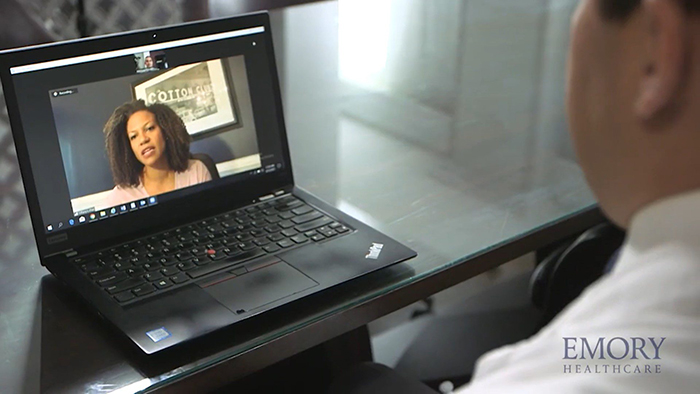Strokes strike fast and, unfortunately, all too often. These conditions can be devastating. Every year, they are a leading cause of death in the U.S. and a leading cause of disability.
When you recognize a stroke and quickly get the right help, you have the best chance for a meaningful recovery. Emory Stroke Centers have dedicated stroke teams and everything you need for fast diagnosis and treatment. You get a level of care here that you won’t just find at any hospital.



